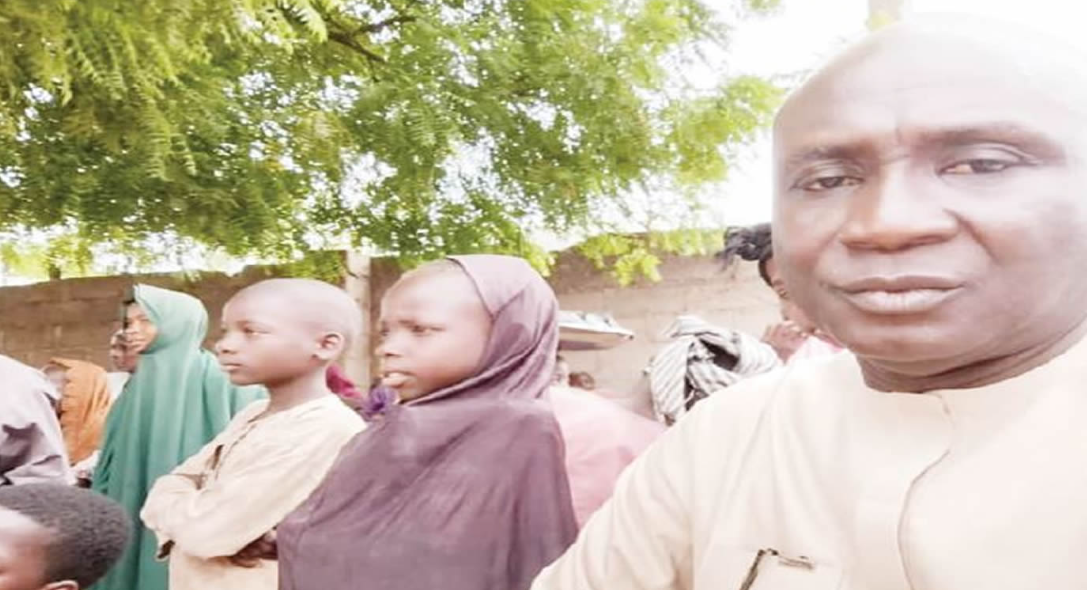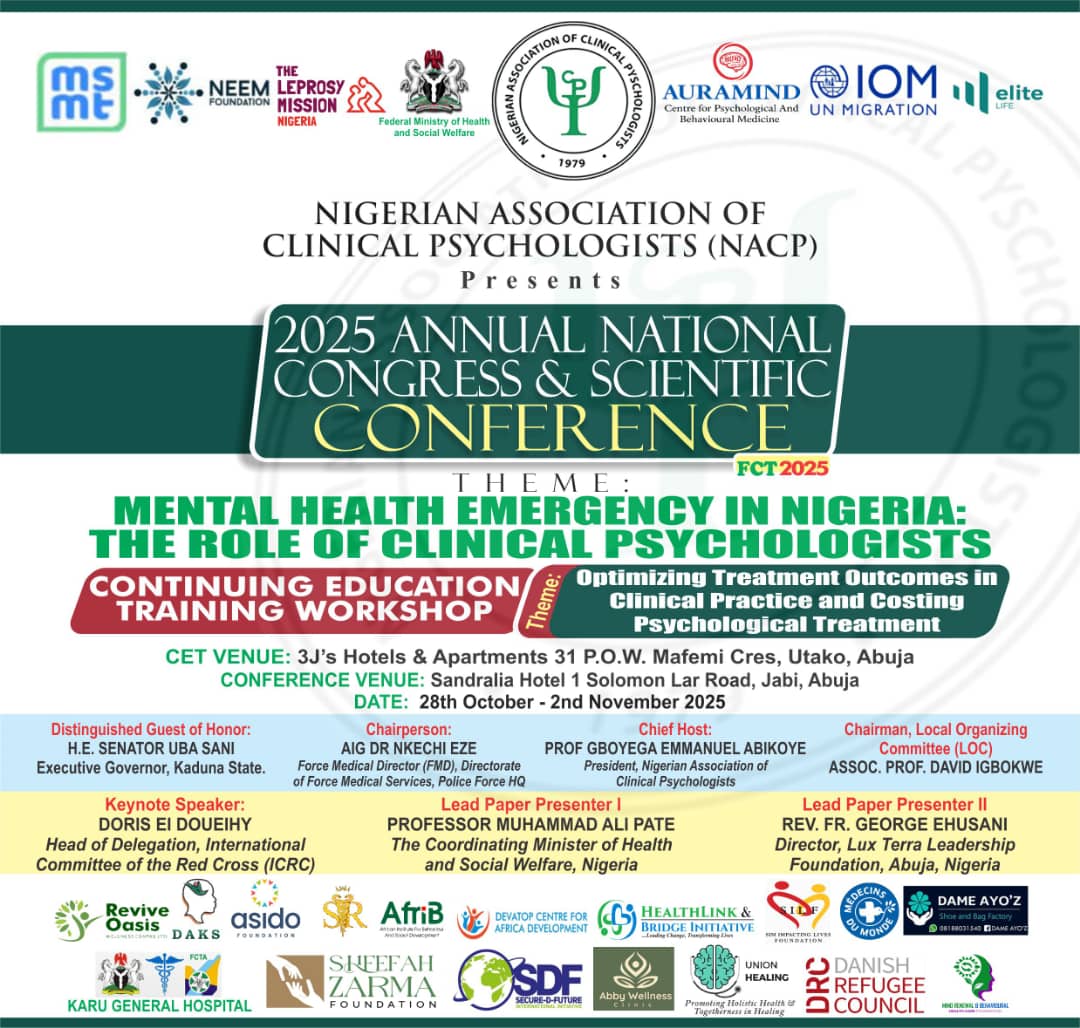
YOLA, August 3, 2025 — A university lecturer, Professor John Ngamsa, has blamed the deepening insecurity in northern Nigeria on the persistent neglect of girl-child education, warning that without urgent intervention, the region risks further instability and underdevelopment.
Speaking in Yola on Saturday during a media training on content creation for the Adolescent Girls Initiative for Learning and Empowerment (AGILE), Prof. Ngamsa, who lectures at Modibbo Adama University, decried the alarming rate of out-of-school girls in the North.
“Out of the estimated 20 million out-of-school girls in Nigeria, a staggering 15 million are in the North,” he revealed.
Ngamsa, who also serves as the Implementing Coordinator and CEO of Rhamo Enterprises, said the media training was designed to equip journalists with the right tools to promote the AGILE programme and advocate for girl-child education.
AGILE: A Lifeline for Young Girls
He described AGILE as a transformative programme aimed at equipping adolescent girls with the education, skills, and opportunities they need to thrive and contribute meaningfully to national development.
“In a nation as diverse and vibrant as Nigeria, the potential for growth and progress lies in the hands of its young population. Adolescent girls, in particular, are key to driving sustainable development,” he said.
Ngamsa emphasized that entrenched social challenges including early marriage, teenage pregnancy, lack of access to healthcare, and harmful gender norms continue to limit opportunities for young girls in the region.
“These issues not only hinder individual progress but also fuel cycles of poverty, marginalization, and insecurity,” he added.
Journalists Urged to Drive Public Awareness
According to Ngamsa, the role of the media is crucial in reshaping public attitudes and influencing parental decisions regarding girl-child education.
“This training aims to raise awareness and encourage community buy-in. When parents are informed, they are more likely to invest in the education of their daughters,” he said.
The AGILE programme, already launched in Adamawa State, is part of a broader national strategy to close gender gaps in education and empower adolescent girls with knowledge and life skills.
Ngamsa called on stakeholders including government, traditional rulers, civil society, and the media to rally around the initiative, describing it as a “critical step toward ending insecurity and building a more inclusive Nigeria.”



